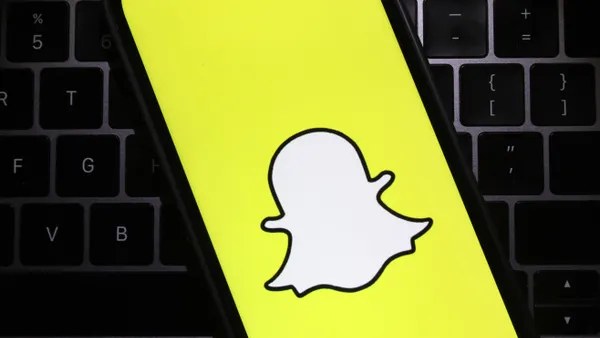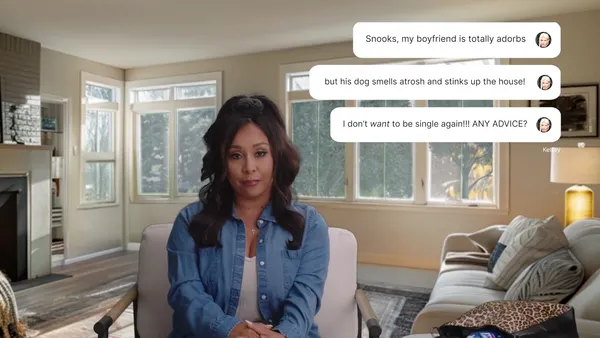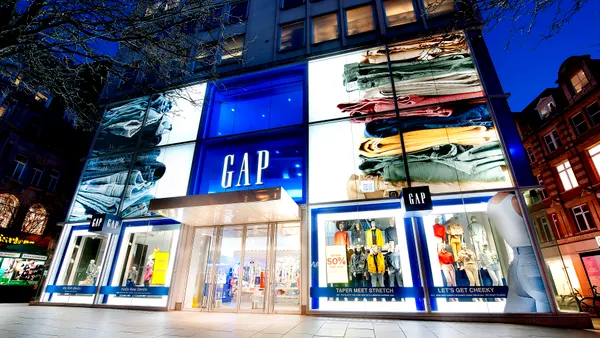Brief:
-
Uber Technologies was sued by U.K. mobile advertising agency Fetch Media which said the ride-hailing pioneer failed to pay millions of dollars of bills for ads. Uber had refused to pay the bills after claiming the ads being generated were fraudulent, per Reuters.
-
Fetch, a unit of Japanese ad giant Dentsu, filed the suit in the same California federal court where Uber sued Fetch in September. At the time, Uber accused the agency of billing it for nonexistent, nonviewable or fraudulent ads, and failing to pass back rebates and commissions.
-
Uber last month voluntarily dismissed that lawsuit and said it would instead pursue related claims in a San Francisco state court.
Insight:
The claims and counterclaims between Uber and Fetch are best left to the companies to settle or a judge to resolve. That said, the dispute does highlight a multibillion-dollar problem for brands and their agencies: ad fraud in digital media. The Association of National Advertisers in May estimated that fake web traffic would cost marketers $6.5 billion last year. The trade group said fraud in mobile web video and pay-per-click fraud were “high and problematic.” The news suggests that while marketers like Uber are paying closer attention to ad fraud, the digital media supply chain continues to be a murky place where pinpointing the source of fraudulent activity can be difficult.
Fraud is likely to continue to be a big issue in 2018 as marketers, agencies, digital platforms and other partners look to build a more transparent media supply chain. For their part, marketers need to be more vigilant about ad fraud, and consider preventative measures like ads.txt, introduced by the Interactive Advertising Bureau in May, or TAG certification from the ANA, 4A’s and the IAB. Mobile advertising might be particularly vulnerable, as mobile ads are forecast by ZenithOptimedia to account for half of all internet advertising by this year.
If the dispute between Uber and Fetch ever actually reaches a courtroom, more details about how ad fraud can be detected would be shared with the public. That kind of publicity may help to shake a gnawing parasite that feeds on the digital ad industry. “Sunlight is said to be the best of disinfectants,” as former Supreme Court Justice Louis D. Brandeis once said.












